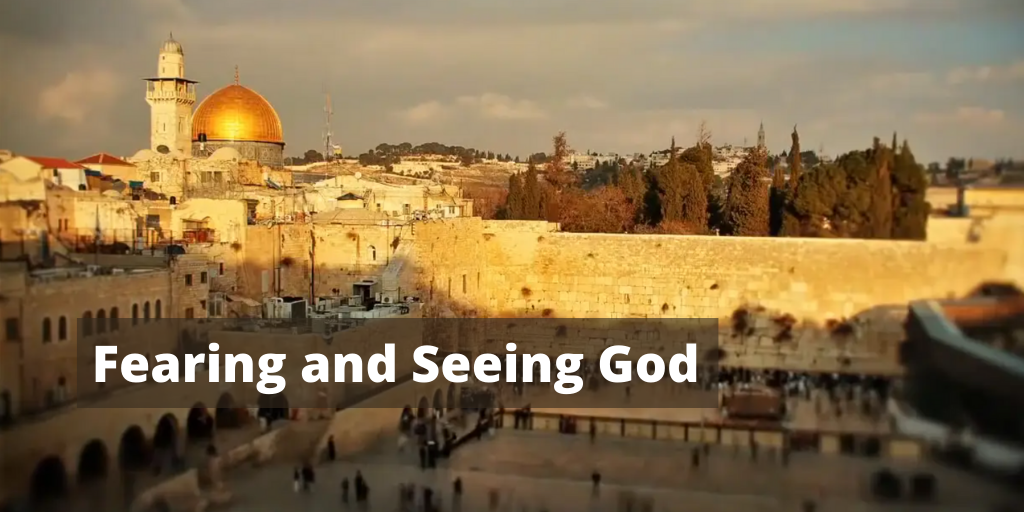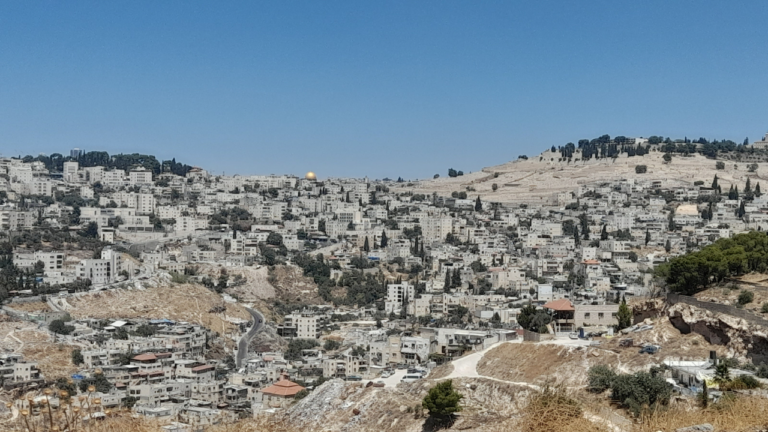Fearing and Seeing God
At the end of this weeks’s parsha we read about the uniqueness of Moshe Rabbeinu’s prophecy: “With him I speak mouth to mouth; in a vision and not in riddles, and he beholds the image of the Lord.” All other prophets had their visions through an unclear lens, while Moshe saw through a clear glass. Why did Moshe merit this intimate communication with God? The Torah itself seems to hint to an answer by stating few verses earlier: “Now this man Moses was exceedingly humble, more so than any person on the face of the earth.”
The Talmud seems to develop this idea further and points to a specific incident that led to Moshe’s unique level of prophecy:
Because he did not “gaze,” [at the burning bush] he was privileged to “behold the likeness of the Lord” (Numbers 12:8).
When Moshe had the opportunity to “gaze” at God’s fire in the bush he humbly and fearfully turned away. It was this act of recoiling and recognizing his unworthiness of communicating with God that ultimately made him the most worthy human of divine communication. If one does not have the requisite fear for the awesome experience of divine revelation then as much as one desires to be close to God, it will not happen.
A similar idea exists regarding Yerushalayim. We know that Yerushalayim is the location of the ultimate level of divine revelation. It is God’s abode, the place where God descended to “dwell in a cloud.” The miracles in the Beit HaMikdash, the palpable sense of divine closeness that one felt in Yerushalayim are all recounted at great length by the Torah.
As such, one might have thought that the character trait that would dominate the city is that of “chessed” (divine free-giving) and “ahavah” (love). God appears in the city for all to rapturously experience. However, this is not the case. The name Yerushalayim itself contains the word “yirah” or fear. There is a special mitzvah of “and you shall fear my Sanctuary,” which the Talmud makes clear refers to fearing God who dwells in the Sanctuary.
Once again, we see that fear, humility and realizing one’s place are prerequisites to the divine revelation that occurs in Yerushalayim. If one does not have the proper fear of God and humility, he will not “see” God. Only after one sincerely turns one’s face away as Moshe did at the bush, that one can then merit the revelation that Yerushalyim offers. It is for this reason that the opening letters of Yerushalayim, can refer both to “yirah” (fear) and “yireh” (vision). When speaking about God fear and vision, humility and encountering God, go hand in hand.



